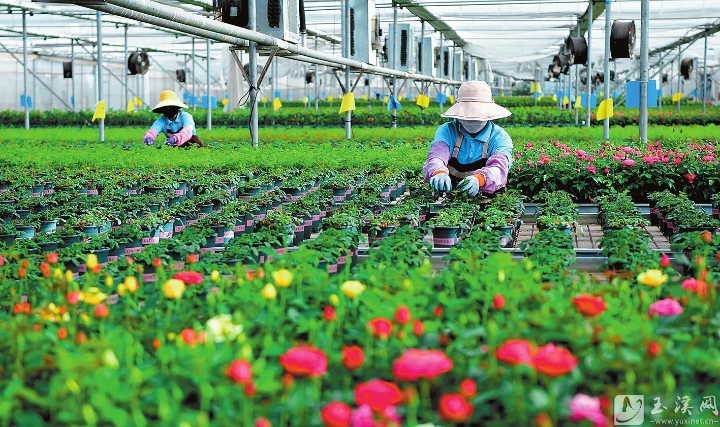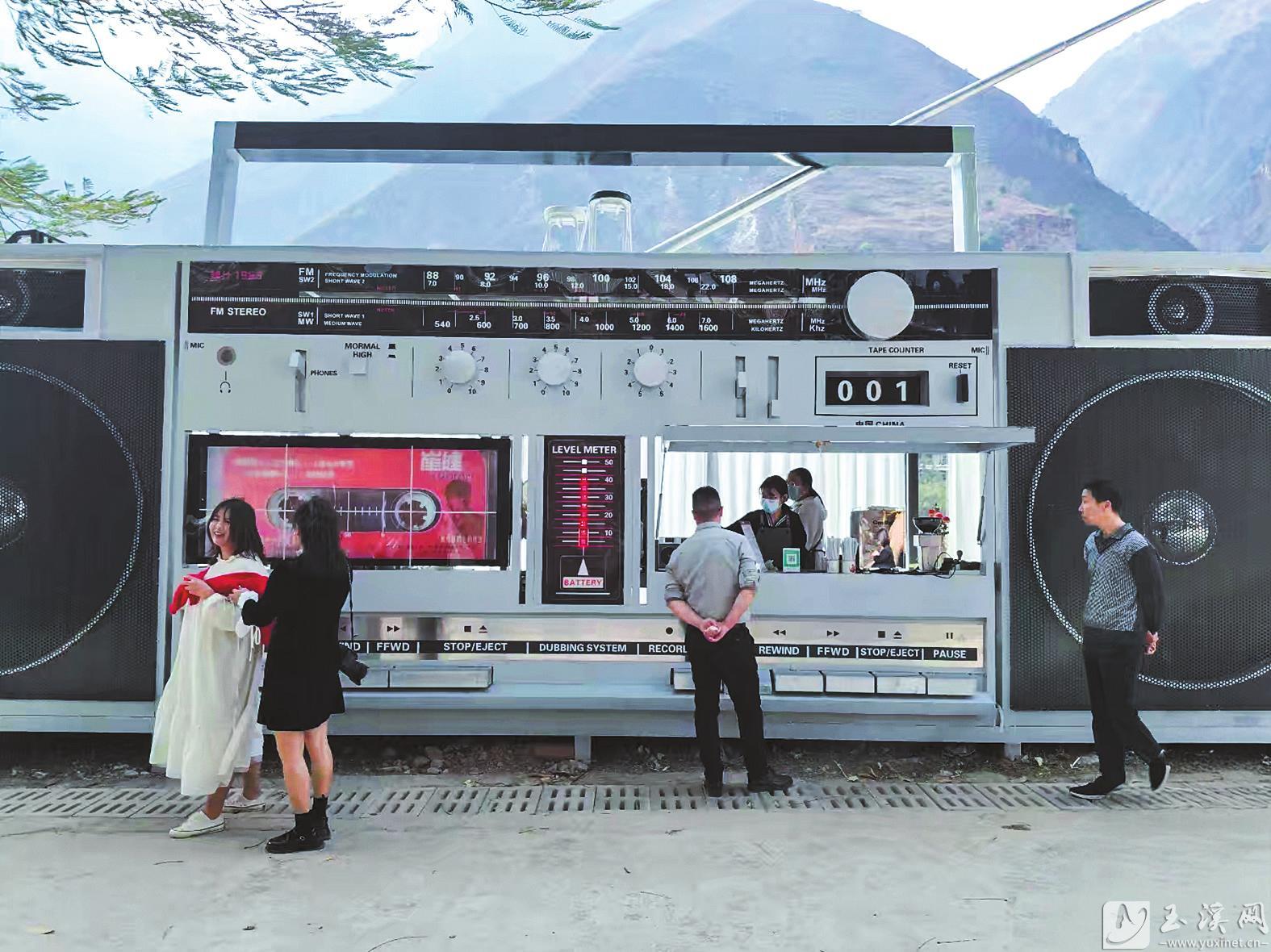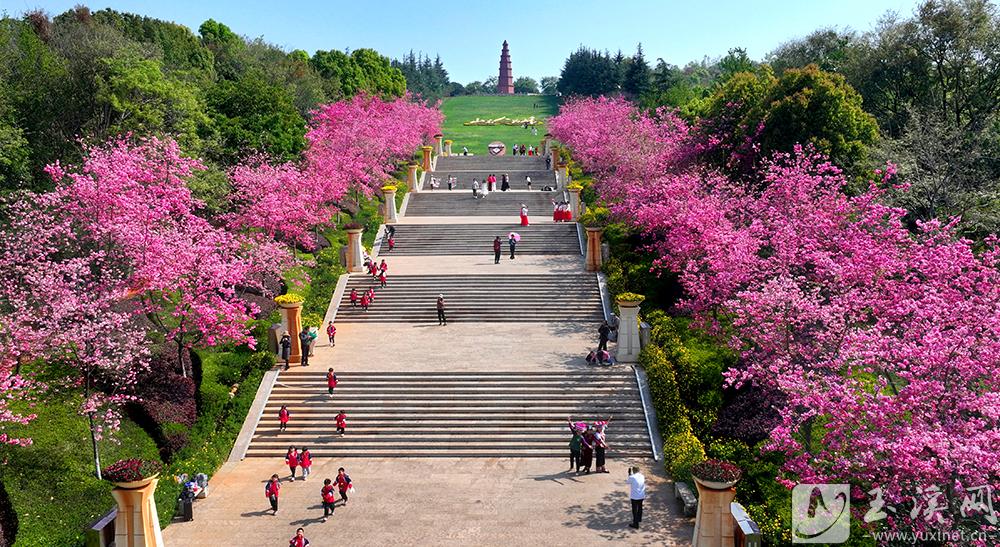 Yuxi Municipal People's Government
Yuxi Municipal People's Government
The Maotianshan National Geology Park
The Maotianshan Mountains is 6 kilometers east of downtown Chengjiang and 56 kilometers and 87 kilometers away from Kunming and Yuxi respectively. On July 1, 1984, Professor Hou Xianguang from Nanjing Institute of Geology and Paleontology of the Chinese Academy of Sciences, now the director of the Chengjiang Fauna Research Center of Yunnan University, discovered the fossils of the early Cambrian Period (about 530 million years ago) on the north slope of the Maotianshan Mountains, which was about 10 million years to 15 million years earlier than the Burgess fauna in Canada. The whole fossil zone extends 20 kilometers with width being 4.5 kilometers and depth being more than 50 meters. To date, about 30 fossil spots have been found and more than 30,000 fossils have been unearthed. Forty categories have been classified of all the excavated fossils which cover almost all animal species of modern times with 180 species belonging to 159 genera (of which there are 130 new genera and 148 new species). The fossil zone has been known as the sample site of ancient creatures and been named as the world paleontological holy land by the academic circle. It has also been called one of the most outstanding discoveries in the 20th century by the international science community.
Since the discovery of Chengjiang fauna, considerable research outcomes have been published, including 130 papers and 10 books. In 2003, Hou Xianguang, Chen Junyuan and Shu Degan finished one research project the Chengjiang Fauna and the Cambrian Explosion which won the first prize of state natural science. In February 1992, the Chengjiang fauna was listed in World Geology Heritage Pre-selection by UNESCO. In March 2001, it was selected as one of the first national geology parks. In January 2006, it was listed on the First National Natural Heritages.

On July 21st, workers were busy among the lush potted flowers in the intelligent flower planting greenhouse of Yuxi Ziyu Flower Industry Co., Ltd. This company is a leading enterprise in agricultural industrialization engaged in the production and sales of rose seedlings, potted roses, potted succulents and potted phalaenopsis. With a very productive operation mode, this company has built a research and development platform in cooperation with multiple scientific research institutes, and owns 17 national patents. Flowers from Yuxi are sold far to first-tier and second-tier cities across China and have become a well-known brand in Yunnan's flower industry.

Recently, visitors to Yimen have noticed a café in Luzhi Town, which looks exactly like a tape recorder. With 3.5 meters wide, 10 meters long, and weighing 6 tons, it perfectly replicates the iconic dual-cassette tape recorder from the 1980s, and the owner continuously plays pop music from the 1980s, attracting an increasing number of netizens and tourists to explore it. This highly creative café, which has gone viral on social media, has become a popular local landmark for photo check-ins.

Cherry blossoms are in full bloom at Hongtashan Park, attracting visitors with its springtime spectacle. On March 25, many citizens flocked here to admire the flowers, enjoy the scenery, and take photos, creating a beautiful landscape. Every year when the cherry blossoms bloom, Hongtashan Park draws a large number of tourists.

Performers of Yuxi Nie’er Bamboo Orchestra performed on the D87 China-Laos Railway international passenger train in Jan. 14. At 8:08 am, the China-Laos Railway international passenger train No. D87 left Kunming South Railway Station and headed for Vientiane, Laos. Different from the previous train, the joy and vibe of a transnational artistic performance was spreading all over the train, so that audience of all kinds of "screens" can feel the joy of this international train. (Photo by Hu Chao/Xinhua News Agency)
